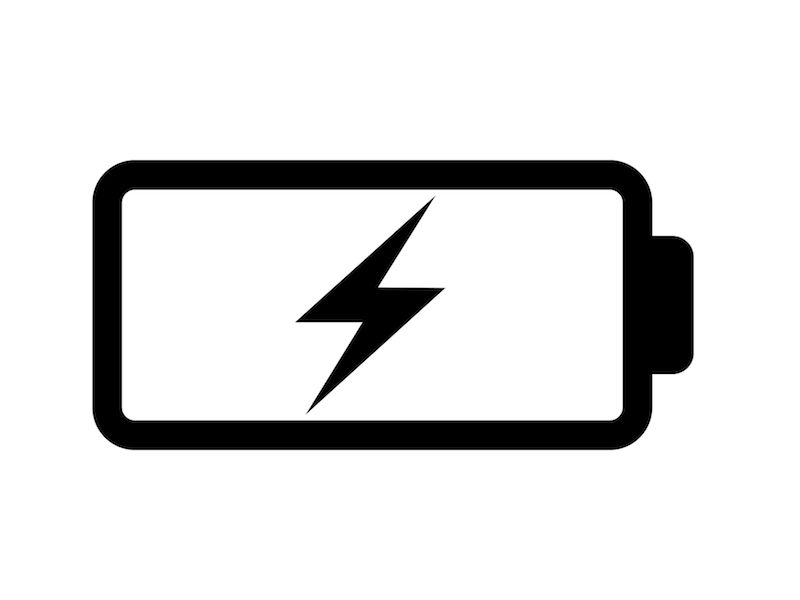
Worrying about losing battery power is something you shouldn’t have to do with rechargeable hearing aids, but when you depend on this technology, it might make you slightly concerned. Do rechargeable hearing aids work as well as marketed or do they even work at all?
The anxiety is reasonable and so are the question you may have. A hearing aid can be a vital part of one’s day-to-day life, as necessary for a quick trip to the grocery store as they are for the enjoyment of a television show or movie. It’s essential that a piece of technology works properly and dependably, especially when it affects so many facets of life.
How Do I Know What Type of Battery I Have?
Most contemporary hearing aids have rechargeable batteries by default, so if you bought your hearing aids recently it’s likely that your hearing aids will have one of two battery types. Silver-zinc batteries, which can normally be distinguished by a battery door on the device, are rechargeable, but every now and then they need to be replaced. A Lithium-ion battery, however, will last throughout the life-cycle of the hearing device and, because of that, those devices will not have that telltale battery door.
Rechargeable Hearing Aids Need Special Care
For the most part, rechargeable hearing aids do work, and they work well. The dependability of these devices has enhanced considerably in the last several years, as battery technologies have improved. In order to increase reliability, however, there are a few maintenance steps users can take as they would with any other electronic device.
- The Charging Station is Where Your Hearing Aids Should be Kept: If your hearing aids have rechargeable batteries, you can increase your device’s battery life by ensuring that you regularly store your hearing aids on their charging station. Charging a battery that is not completely drained does not reduce long-term battery life. In fact, you can actually improve the life of the battery by making sure your hearing aids are charging while not in use. For many people, setting their charging station beside their bed is a simple reminder to charge the devices when not in use.
- Be Careful of Wires: Either the charging station or the hearing aid itself will have some kind of wire element on most hearing aids. Most hearing aid users are counseled to be mindful of these wires; do not pull or hold your device by these wires as this will damage the connections that allow your hearing aid to charge.
- Keep Your Hearing Aids Clean and Dry: No matter how often you use or do not use your hearing aids, they have plenty of occasion to collect dust, debris, and moisture. Your hearing aid may not fully charge if it is exposed to any of these three things. That’s why it’s essential to keep your hearing aids clean and dry specifically when connecting your hearing aid to its charging station.
How to Change a Rechargeable Battery
Lithium-ion batteries will normally last the as long as your device does. Consequently, you shouldn’t have to worry about replacing those batteries. Simply keep recharging your hearing aids as long as necessary.
However, you will want to periodically replace the batteries if you have a hearing aid that uses silver-zinc batteries. The longevity of your battery can be increased by replacing them in the correct way. As a result, most people who use these hearing aids are counseled to:
- Store batteries in a room temperature spot that is also certain to be dry.
- Clean and free of moisture is the state that your battery compartment should be kept in.
- Let the batteries sit out at room temperature for at least five minutes before removing any tabs that may be attached.
- Don’t eliminate any packaging or plastic tabs until you’re ready to use batteries.
- Before replacing batteries, don’t forget to wash your hands.
Long Periods of Non-Use
Keeping your hearing aids on the charger over long periods of time is no longer the best way to store your hearing aids. Simply unplug your hearing aid and put it in a cool dry spot if, for example, you know you won’t be using them for a few weeks or a month.
If your hearing aids use silver-zinc batteries, you might also consider leaving the battery door open in order to stop moisture from corroding your batteries.
Keep it Charged Every Day
For most people, and for day to day use, charging your hearing aids once a day should be enough for all of your needs. A lithium-ion battery, as an example, will typically require only 3-4 hours to charge sufficient battery power for a 24 hour period.
Do rechargeable hearing aids work? Not only do they work, but rechargeable hearing aids will likely become a lot more common and dependable as the technology continues to develop. To see all the different models, get in touch with your local hearing aid retailer.
